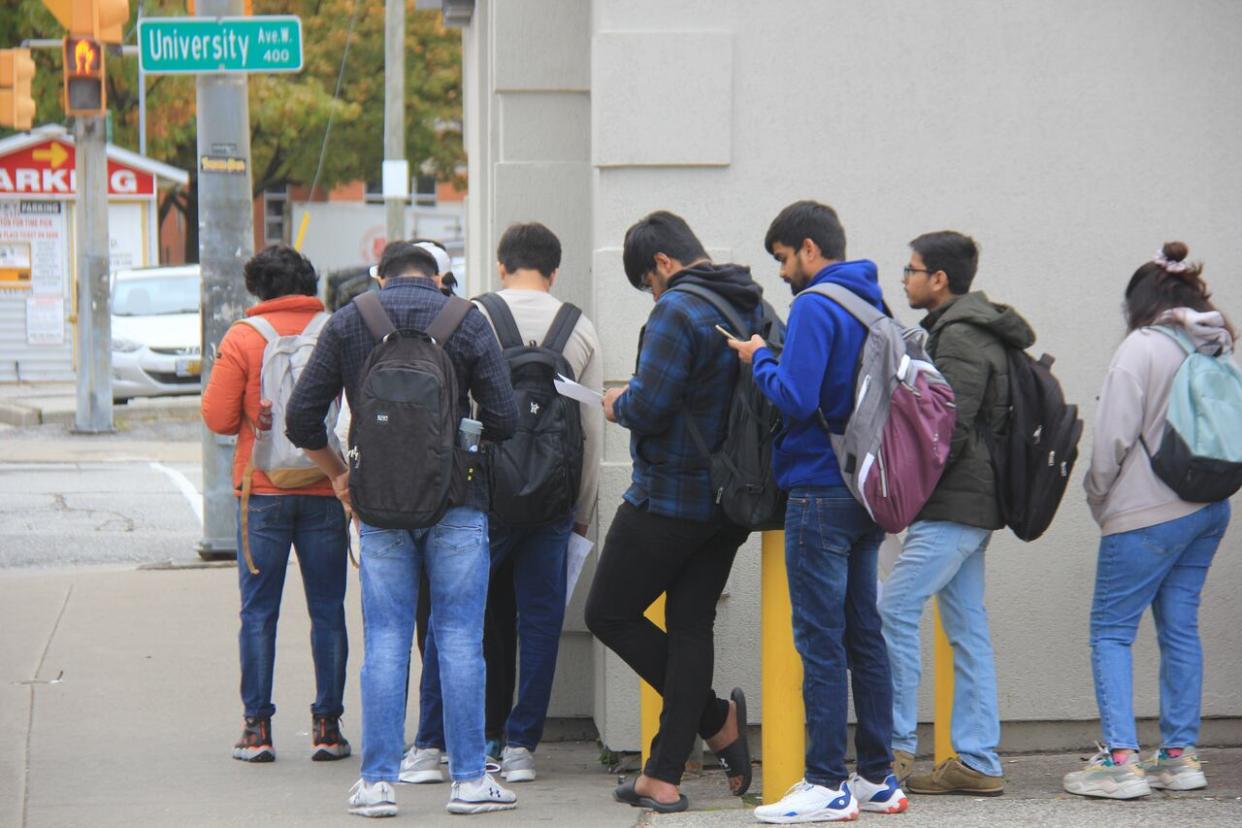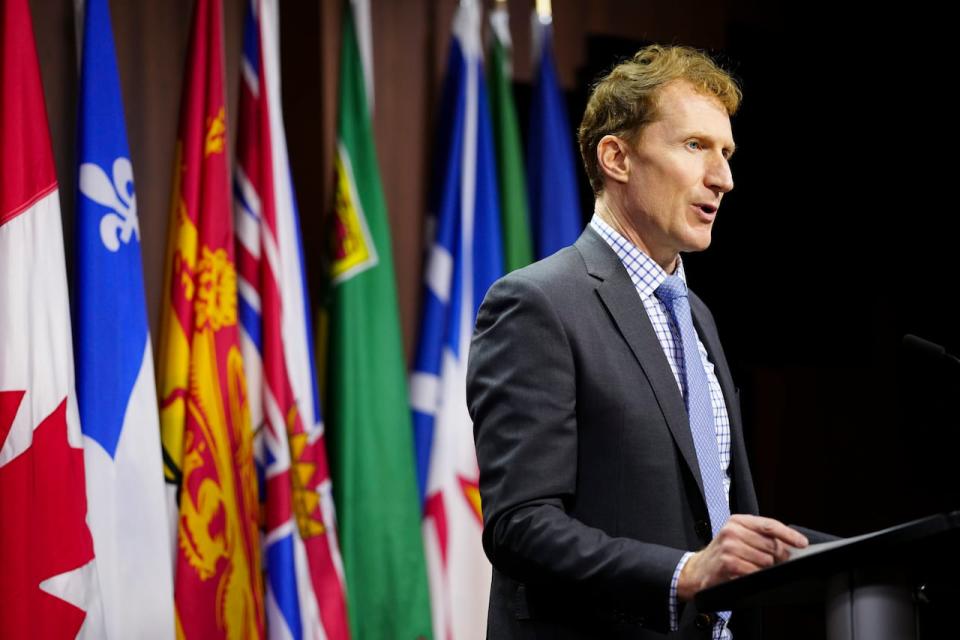Changes to federal regulations for international students receive mixed reaction

New federal requirements for international students are receiving both praise and criticism from student representatives.
Last Thursday, Immigration, Refugees and Citizenship Minister Marc Miller raised the income requirement for foreign students and also extended a waiver until April 2024 allowing them to work more than 20 hours a week while studying in Canada.
Starting next year, prospective students will need to show they have access to $20,635, after paying for travel and tuition, instead of the $10,000 previously required.
Miller said doubling of financial requirements before coming to Canada is to help students deal with the impacts of inflation, including the higher cost for food and rents.
Damanpreet Singh is former president of the Cape Breton University students' union. He is currently the international student representative with the Canadian Federation of Students.

Immigration, Refugees and Citizenship Minister Marc Miller said the higher savings requirement will help international students cope with rising prices in Canada. (Sean Kilpatrick/The Canadian Press)
He said higher requirement for funds needed to get a student visa are reasonable. Most students understand that they need more money to survive in Canada than the $10,000 that had been required for the past two decades.
"Everything is going up, so this will also help them to prepare mentally," said Singh. "Now they would be prepared mentally to come to Canada."
He said allowing students to work more than 20 hours a week, perhaps up to 40 hours if needed, would benefit students who are battling higher tuition fees, grocery prices and rent.
"This is the individual's choice," Singh said. "We cannot blame or ask any student to work only 20 hours. If they are willing to do more than 20 hours, they have the right to do that."

Damanpreet Singh is the international student representative with the Canadian Federation of Students and former president of the Cape Breton University students' union. (Cape Breton University )
Other student groups say problems such as housing shortages are being unfairly blamed on international students.
"The financial requirements ultimately means that less international students are going to be even eligible to be able to study across the country and is going to act like a burden and a barrier in people accessing post secondary education in this country," said Mitra Yakubi, chairperson of the Canadian Federation of Students in Ontario.
Yakubi said international students deserve better.
"If we're going to talk about, you know, food insecurity, housing crisis and the ways in which it's impacting international students, then the real question should be how do we support international students," she said.
Minister criticizes 'puppy mills' for diplomas
Yakubi said the high tuition students pay, sometimes four to five times that of domestic students, already exploit them.
Miller also used the announcement to criticize some post-secondary institutions he compared to 'puppy mills' because they churning out diplomas without educating students.
They have consistently thought of ways in which they can scapegoat the situation and blame international students," she said.
"There are, in provinces, the diploma equivalent of puppy mills that are just churning out diplomas, and this is not a legitimate student experience," Miller said at a news conference.
"There is fraud and abuse and it needs to end."
MORE TOP STORIES


